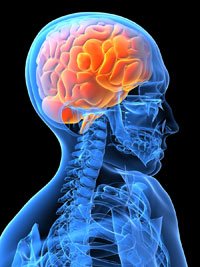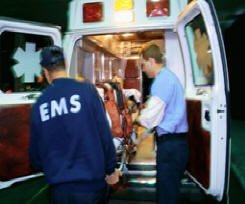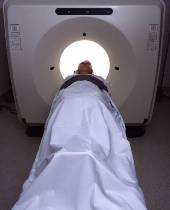|
...and all brain injuries are serious A concussion can be caused by a blow to the head, a jolt to the body, or any sudden force that results in a rapid acceleration/deceleration of the brain inside the skull. Made up of a soft tofu-like substance, the impact of the brain against the rigid inside walls of the skull can cause a change in neurological function and a host of other symptoms depending on which part of the brain was injured. The terms "ding" or "bell rung" minimize concussions. While most do heal within a few weeks, an athlete who returns to play before a concussion has completely resolved risks re-injuring an already injured brain, which can have catastrophic consequences. Although rare, adolescents seem most vulnerable to this rapid brain swelling known as second impact syndrome which can be fatal. Additionally, multiple concussions suffered prior to complete resolution of a previous injury can result in prolonged symptoms lasting weeks, months, or years. Know how to minimize the risk of a complicated recovery if you suspect a concussion. Signs reported by observers Symptoms reported by athlete
|
||||||
|
Most concussions do not result in emergency care. However, if symptoms worsen, you notice behavioral changes or any of the following, seek care urgently:
|
||||||
For more information including downloadable items visit the CDC concussion website Consensus Statement on Concussion in Sport: the 3rd International Conference on Concussion in Sport held in Zurich, November 2008 Br J Sports Med 2009;43:i76-i84 doi:10.1136/bjsm.2009.058248 |
||||||
Our Advisors Include:

|
|
|
| Phone: | 360-775-8197 |
| Editor: Jean Rickerson: |
jean@SportsConcussions.org |
| Main Email: Alaska office: |
admin@SportsConcussions.org ann.w@SportsConcussions.org |
| Connecticut Office: |
ann.f@SportsConcussions.org or vicki@sportsconcussions.org |
|
Rhode Island office: Virginia office: Washington state office: |
donna@sportsconcussions.org scott@sportsconcussions.org laxleber@gmail.com |
| Facebook: Twitter: |
Sports Concussions.org SportsTBI |
| More: | Contact Information |

 Concussion
Concussion
 Doctor's
visit
Doctor's
visit





